Your Essential Travel Guide To Hannover
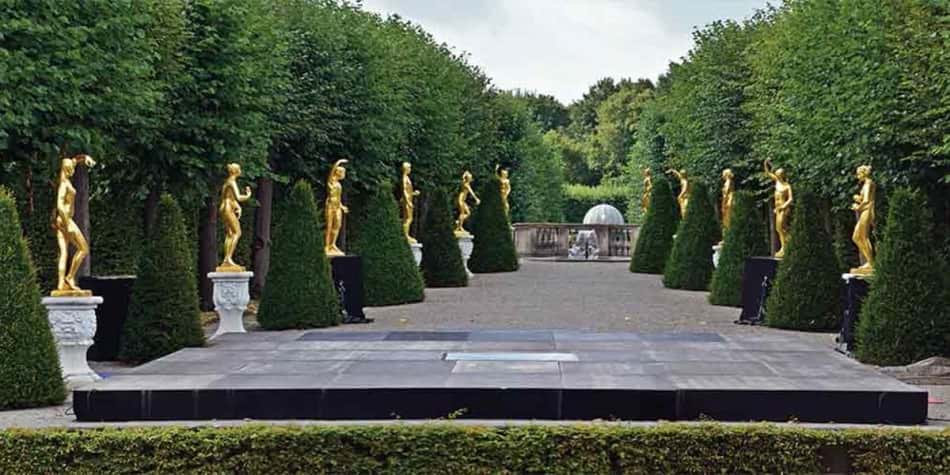
Discover Things To Do In Hanover
Hanover is a medium-sized city located on the river Leine. It is one of the largest and most important cities in northern Germany due to its universities, medical school and transport hubs.
Hanover is known as one of the greenest cities in the country, with many parks, gardens and sports facilities that give the opportunity to rest in the open air. It also has some famous medieval buildings.
Getting there
The shortest route from England to Poland goes through Hanover so it's easy to get to this city thanks to our Newcastle-Amsterdam route.
Alternatively, coming from the southern part of England, you can take a ferry crossing from Dover to Dunkirk and Calais and have a nice trip through Europe.
What to see in Hanover?
Marienburg Castle is a neo-Gothic castle located in the south of the city, on the slope of the mountain. Designed by architects of the Hanover School in the second half of the 19th century, the castle is considered to be the most important German Neo-Gothic monument. Nowadays, it still functions as the residence of Prince, and parts of the castle are open to visitors.
Pay attention to the sculptures of the French artist Niki de Saint Phalle. The most famous are the three huge female characters "Nanas" on Leibnizufer street.
Stroll along the city park, located south of the Hannover Congress Centre, near the Zoo. The park was founded in 1914 and hosts many prestigious gardening exhibitions.
Visit the House of Baron Münchausen, a German nobleman, soldier, traveler and adventurer. It is an hour by car, in Bodenwerder, and now houses the city authorities.
Gardens
The baroque Herrenhausen Gardens were founded in the 17th century by copying the the Gardens of Versailles near Paris. Gardens are divided into four parts and each of them has a slightly different character, atmosphere and vegetation.|These gardens are made up of the Great Garden, the Berggarten, the Georgengarten and the Welfengarten.
The most popular is the Great Garden, which is kept in a formal baroque style. In summer, festivals and firework competitions take place here.
The Berggarten was originally used as a vegetable garden, later as a garden in which plants from other regions of the world were experimented. From the end of the 17th century, it was transformed into a botanical garden.
The Welfengarten area now belongs to the University of Leibniz in Hanover.
Other DFDS routes

Klaipeda-Kiel Ferry Crossings
Sail on an overnight ferry crossing from Klaipeda to Kiel, the perfect connection between eastern and western Europe.
From
€69
per person

Ferry Crossings to France
Sail from either Dover or Newhaven to one of 3 ports in France and embark on a road trip this summer. Hit the open road to discover everything Europe has to offer.
From
€103
per car + up to 4 people, one way*

Newcastle - Amsterdam ferries
Travel overnight in your own private cabin from Newcastle to Amsterdam, enjoying the fresh sea air, dining options and onboard entertainment. Bring your car and embark on your European road trip – you deserve it!
15%
discount
Travel Guides
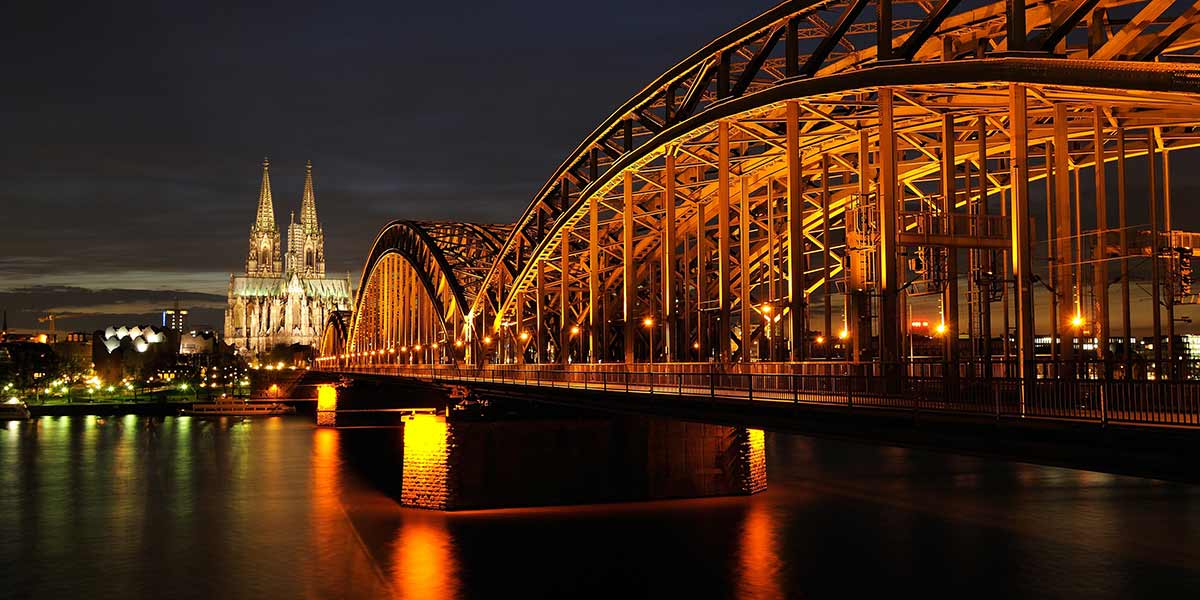
Cologne
Explore Cologne and experience a unique city break unlike any other!
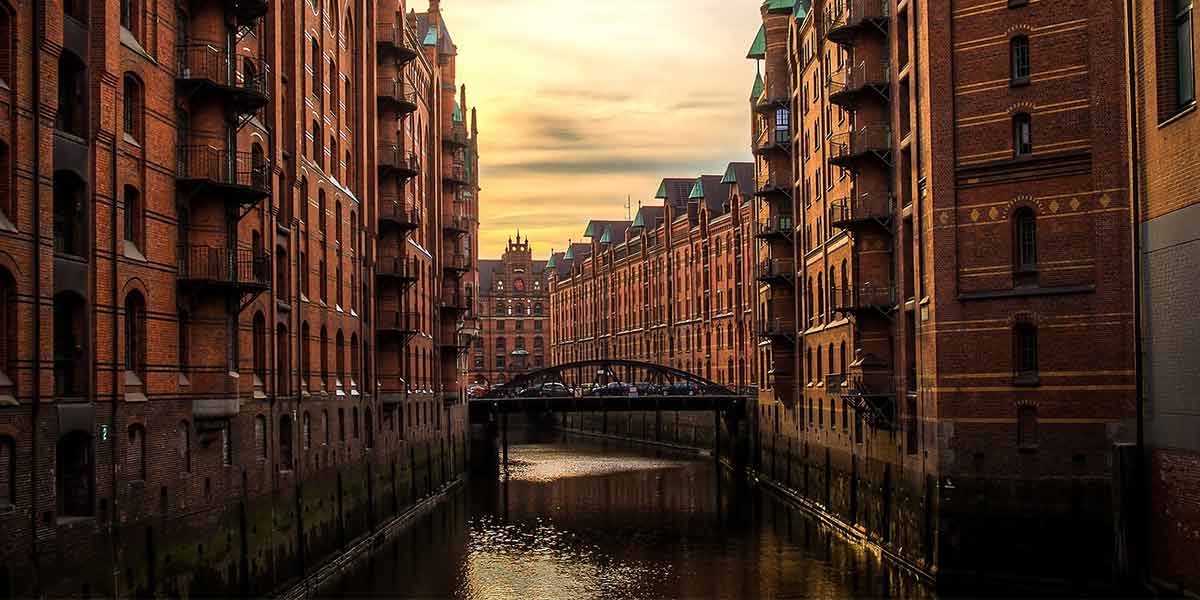
Hamburg
Visit Hamburg to explore Germanys second largest city – the ‘Gateway to the World’.
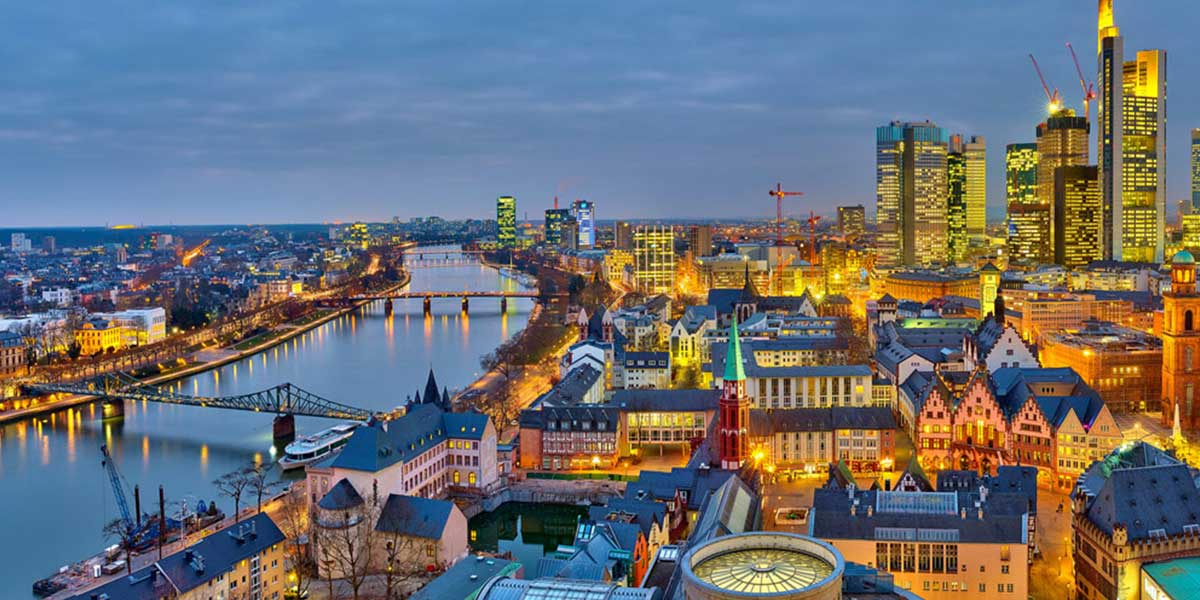
Frankfurt
Journey to Frankfurt to enjoy the interesting culture, great food and to get involved in exciting activities.
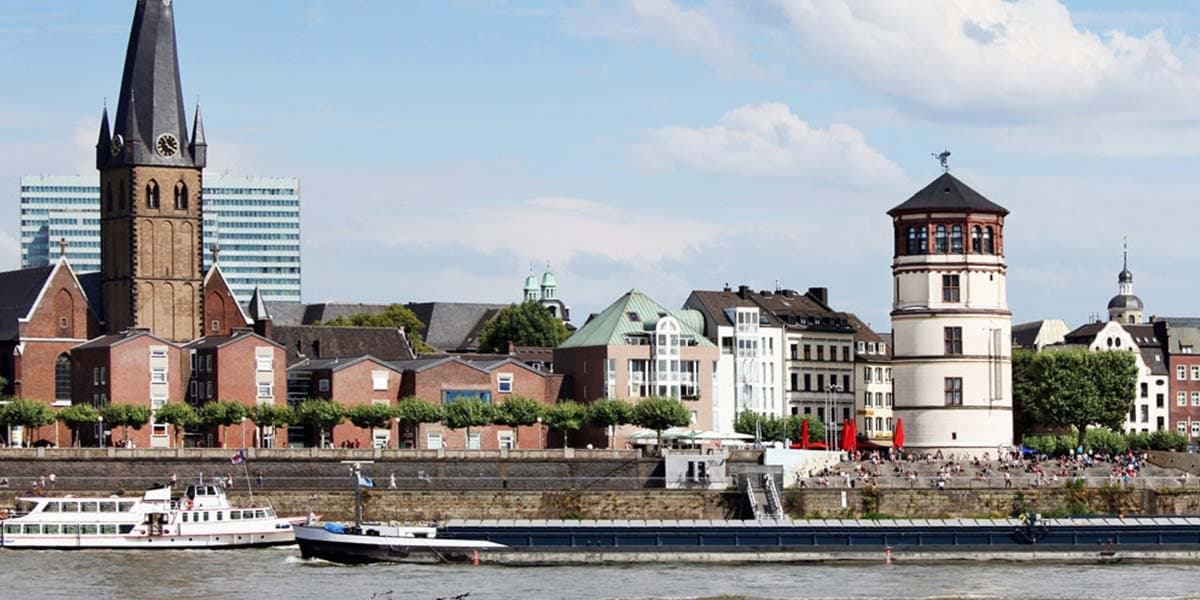
Dusseldorf
Visit Dusseldorf to be captivated by the amazing architecture and fantastic art museums.
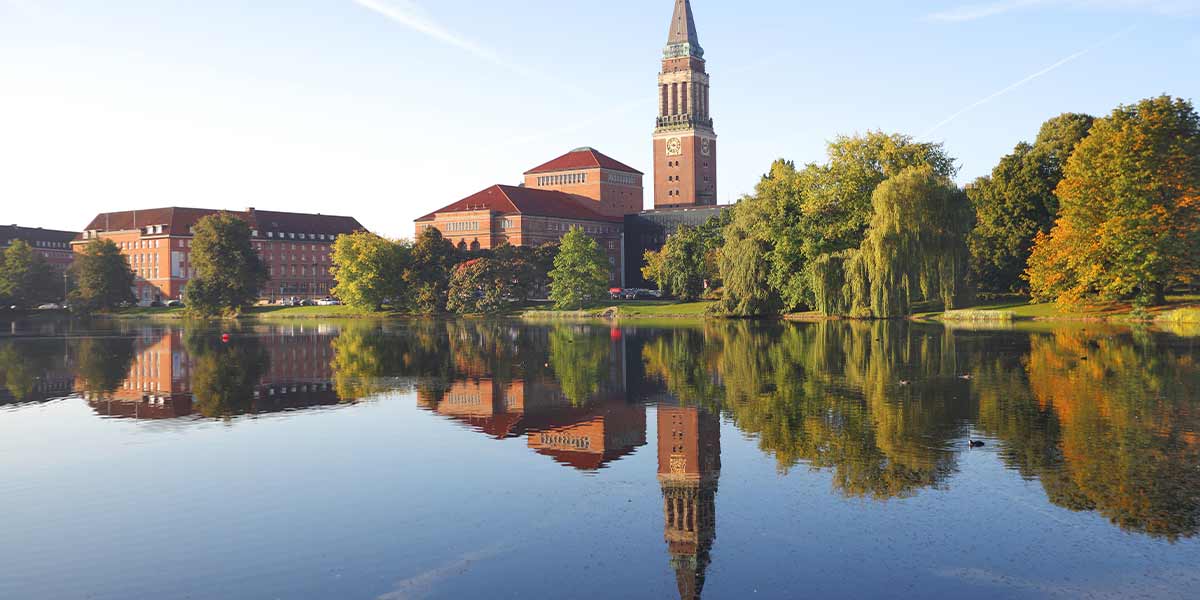
Kiel
Visit one of the most relaxing cities in Germany and explore what Kiel has to offer during your stay. Our DFDS ferry will take you directly to Kiel from Klaipeda.
FAQ
Prices are subject to availability. Telephone booking fees apply. Terms and conditions apply.